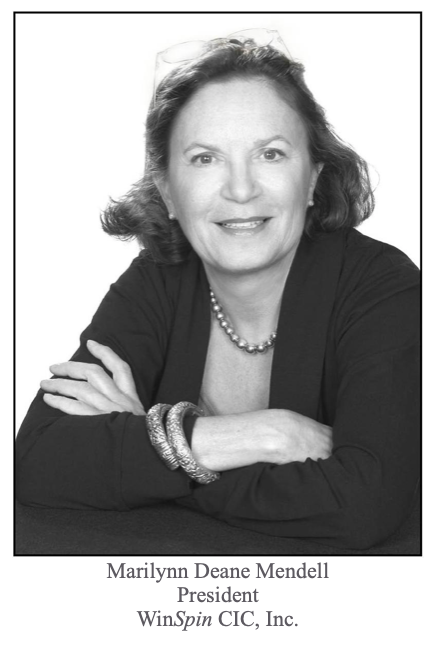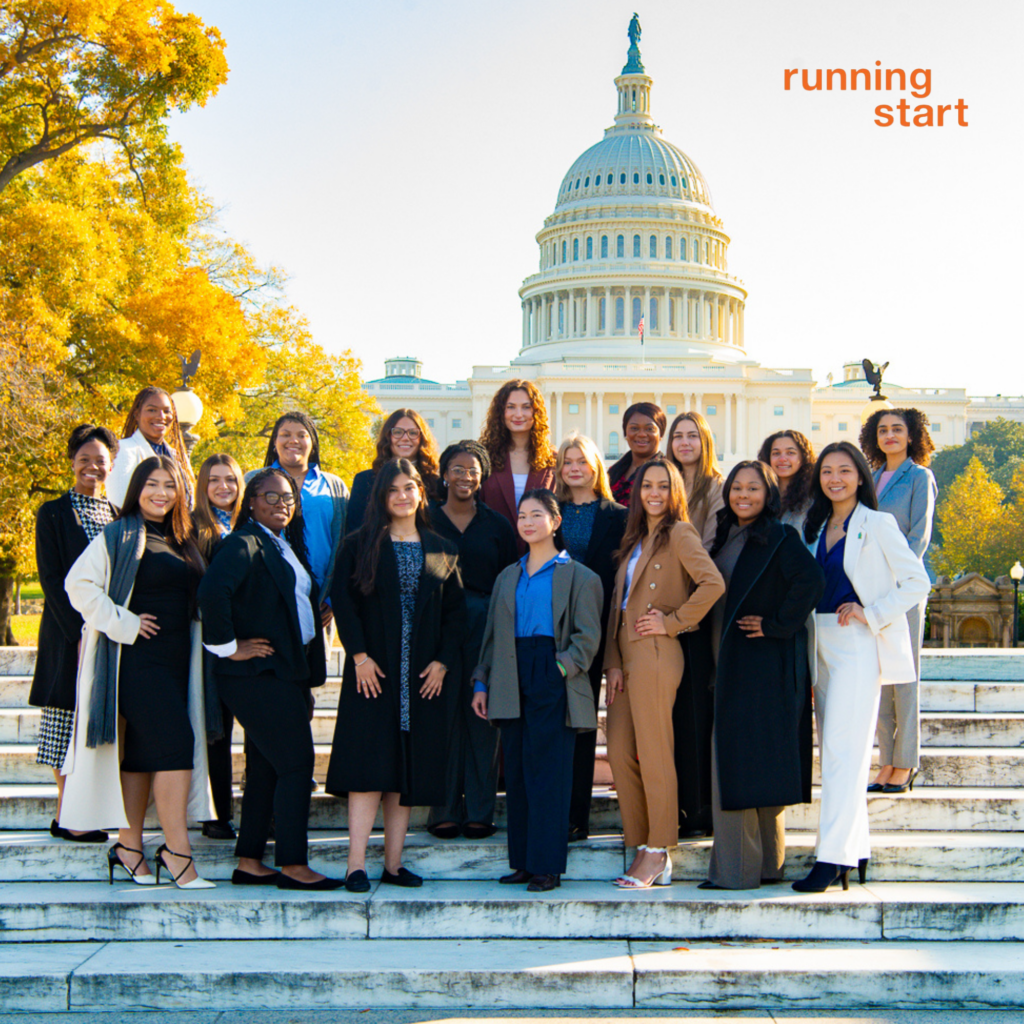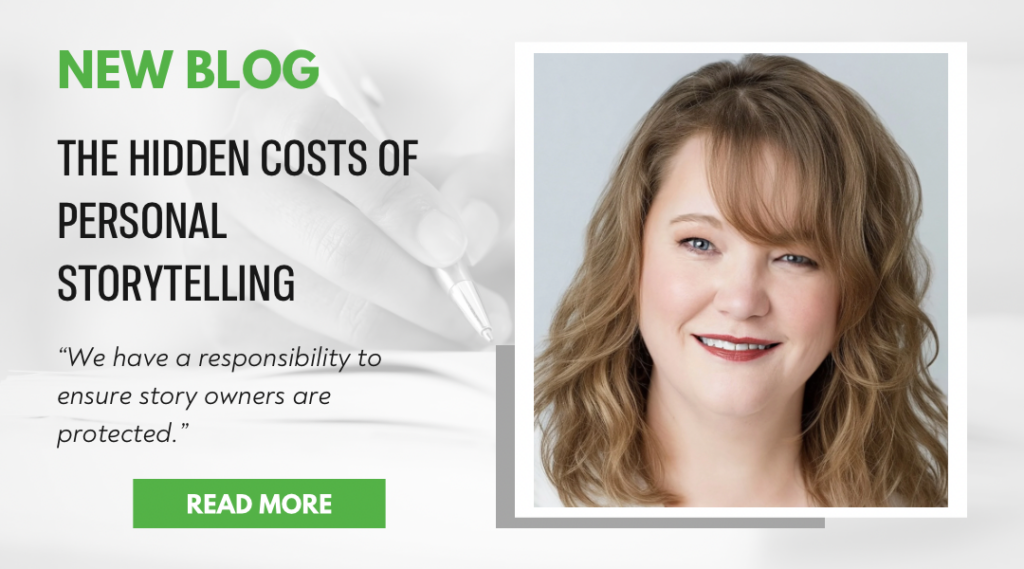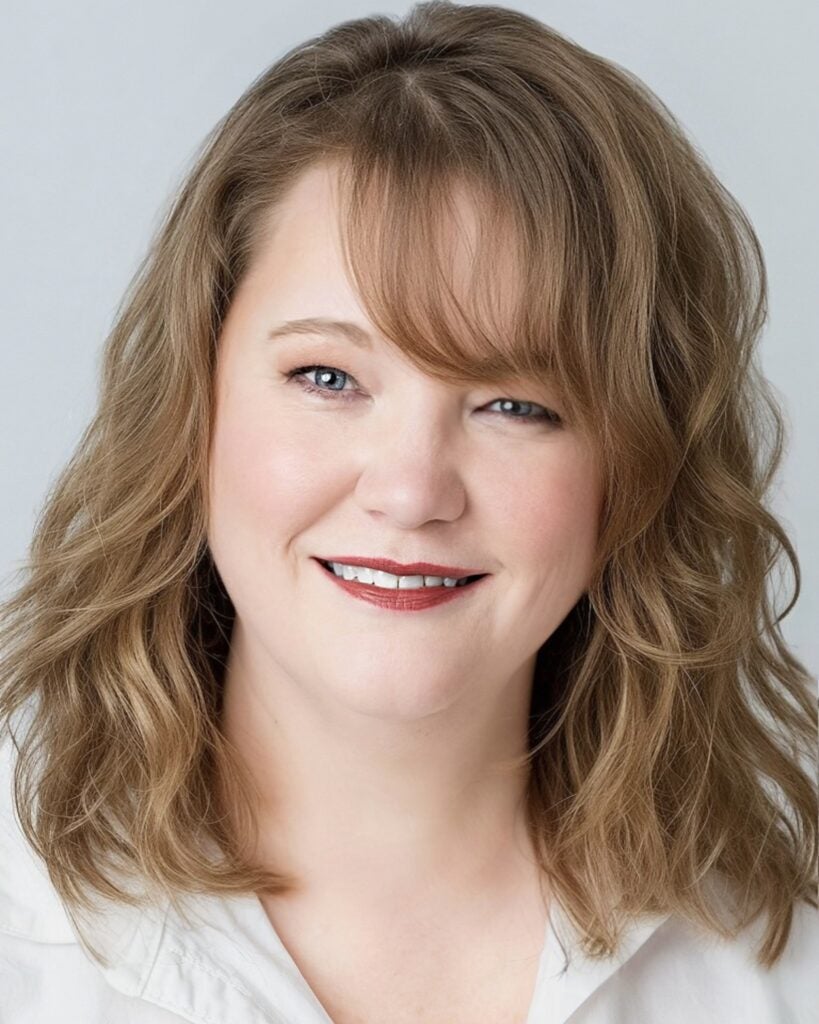Showing Gratitude Beyond the Email
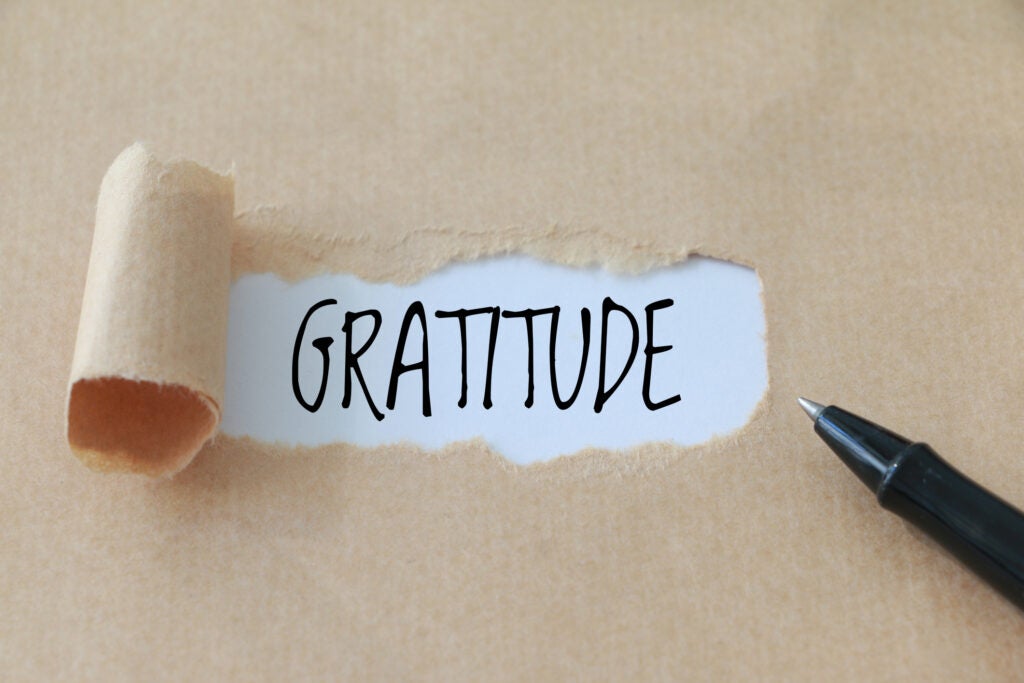
By Marilynn Deane Mendell
President, WinSpin CIC, Inc.
Over the last 40 years I’ve written various articles and advised clients on the value of sending handwritten thank you notes. There is always pushback. Despite the overwhelming evidence that writing a personal note of gratitude resoundingly results in immediate responses from the receivers and often future work, the first reaction to my advice is negative. I ask my clients to send notes, even when they don’t win the job. The worst. Then they really rebel. However, I have countless stories where a client’s increase in sales has been a direct result from them being appreciative. An example of a success came when a client had the entire office sign a letter where they wished a lost potential client good luck on their project. Several months later, my client discovered that the project they originally lost was now theirs. Why? Because of the note they sent. When the previous winner didn’t work out, the owner of the property turned to my client stating no one had ever sent such a kind note. Memorable.
Since emails have become the ubiquitous way of communicating, and since they are perceived as the modern way of responding, as opposed to snail mail, the opposition to anything sent by the US Postal Service has garnered copious amounts of reasons to avoid the hard copy send: We don’t have an address. It won’t get there. We can’t be seen wasting paper. My handwriting looks like chicken scratches. It costs too much money. My favorite so far: that’s a transactional way of relating, especially if you are expecting a thank you for the gift. Shouldn’t you just give without expecting a response? Please!
I’m speaking to marketing experts at WWPR. You’ve heard those negative excuses. The positive statistics say that people who receive a hard-copy catalog in addition to emails purchased 24% more items over those who simply received emails. The return on investment lift turned out to be enormous. Go online and check for yourself. There’s plenty of research, but we don’t always want to believe what doesn’t sound feasible in today’s electronic world. We get so little in our mailboxes these days, that almost anything sticks out. There hasn’t been a better time to send the slow route. Mail something today! And like advertising, go beyond the one-off. Spread gratefulness often and anywhere. Read The Thank You Economy for data-driven proof that caring about customers pays big dividends.
The handwritten note has more meaning than an email. There’s something special about holding paper in your hands. My clients are convinced. Time after time, they get a call saying thank you for the note, or a note back thanking them for a note. Building friendships with clients helps cement the relationship and as everyone in this business knows, 99% of all sales comes from previous clients – or something like that. I guarantee you will stand out from the competition if you begin showing appreciation beyond emails.
Gratitude is contiguous as well as contagious and it connects all forms of our lives with positive feelings, whether it’s our family or our business. The concept of pay-it-forward furthers how good-to-great materializes. Acknowledging gifts of time, advice, and kindness increases all successes exponentially. Oh, but saying thank you in print is so old fashioned. We shouldn’t go out of our way to show gratitude….
There are six full pages of thank-yous at the end of Learned Excellence by Eric Potterat and Alan Eagle. The book just came out in 2024. The author is a famous Navy SEAL – so a tough guy. He coaches other tough guys and gals. My point? Showing gratitude is still in fashion. It still sells. And it’s not an old lady thing. Look at each sentence in the image and how it begins – thank you. It’s important to make sure social media posts acknowledge companies that participated, team members, and especially the photographer. People want to be highlighted for their work. Say more than congrats on LinkedIn. Spend time to think of a special way each person touched your life—get personal. For an uplifting viewpoint on the positive results of writing notes, please read 365 Thank Yous.
Sending gifts is another important way to show gratitude. Hand-delivered presents, with handwritten notes attached, in the off-season sets companies apart from those that do nothing. Like snail mail, the number of real gifts people deliver has also dropped recently, which makes anything sent out by your company stand out. Find a time of the year when everyone else isn’t sending things. I got a paper bouquet of flowers from my real estate agent for Virginia Garden Week. Expensive, but she’s playing the long game. Eventually I’ll sell. And I’ll call her because she has consistently engaged with me on a personal level. I read her informative newsletters. She donates to my charity requests. She knows I’ll keep her posted on possible deals in my neighborhood. Companies that practice this strategy set themselves apart as the good guys/gals.
Oh, we can’t spend money on gifts and snail mail promotions—even a postcard costs too much. And I’m here to say that if everything you send gets ignored but that one thank you note, or that one Happy 4th of July baseball ticket, or the one postcard that simply thanks clients for being there for 25 years, then that 1% return on your investment will more than make up for the entire cost of the campaign.
Showing gratitude has been proven to make customers feel valued. When they tell others about your kindness, that strengthens your brand and ultimately drives higher profits. And you all know that. I’m preaching to the choir. So why the hesitation about sending a handwritten note? Just do it! I know you will thank me.
Marilynn Deane Mendell is a WWPR member and the president of WinSpin CIC, Inc.
